#Introspection
Quotes tagged #Introspection
Quotes: 16

Seeking in Branches What Lives in Roots
Transitioning from personal habits to broader traditions, the idea of returning to roots appears across philosophy and spirituality. Plato’s *Republic* (c. 375 BC) frames much human confusion as mistaking shadows for reality, implying that clarity requires turning toward what is fundamental rather than what is merely apparent. Similarly, many contemplative practices—prayer, meditation, self-examination—are designed as root-work, not branch-work. They slow the impulse to manage appearances and instead cultivate attention, humility, and discernment. Rumi’s imagery fits this lineage: reality is not always where it is loudest. [...]
Created on: 1/28/2026

The Demanding Discipline of Radical Self-Honesty
As this practice deepens, it leads beyond mere self-observation toward a different relationship with one’s life. When we recognize how fear, pride, or past wounds shape our choices, those choices become less automatic and more deliberate. Philosophers from Socrates onward linked such self-knowledge with freedom, and Freud, in his own way, extends that line: by illuminating the unconscious, we reclaim some power over it. Thus, the “good exercise” of self-honesty is not only about discovering who we are, but also about gaining the possibility to change, to assume responsibility, and to live with a clearer, less divided sense of self. [...]
Created on: 12/4/2025
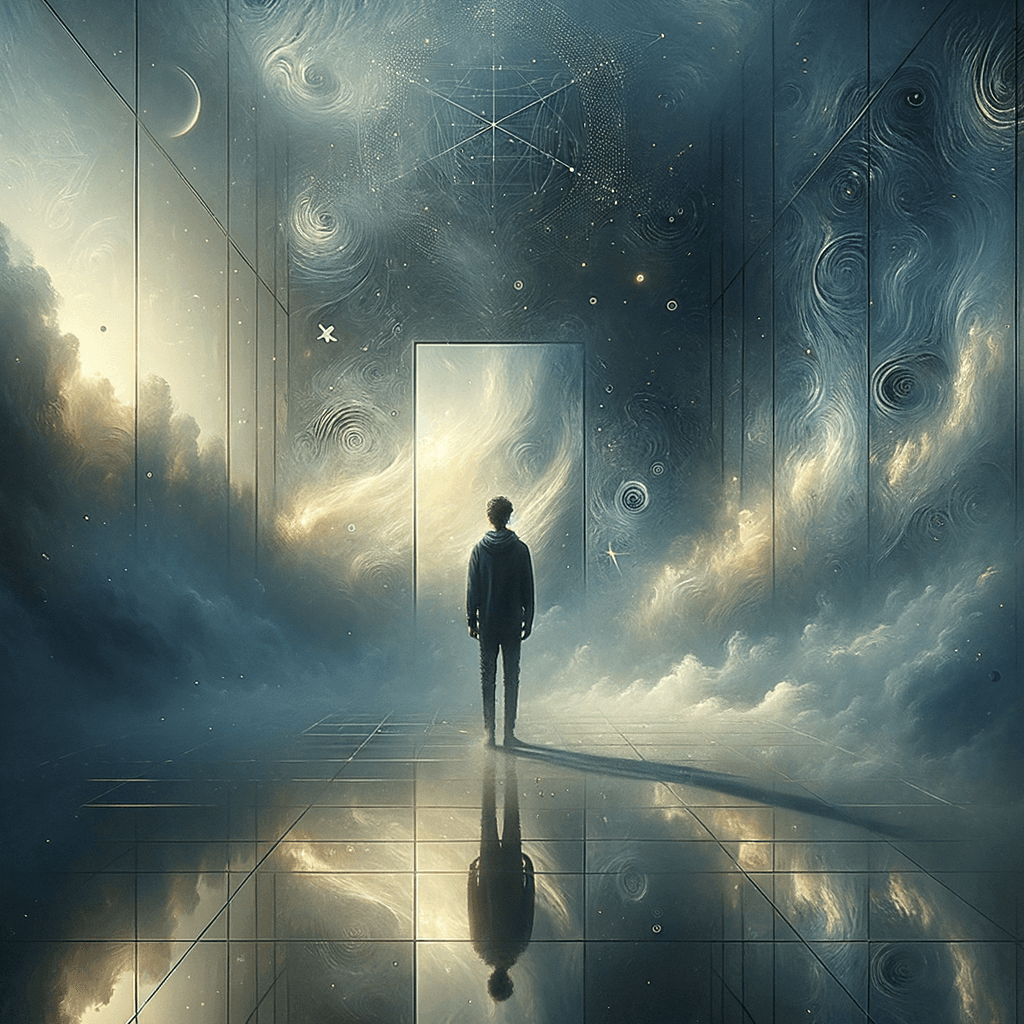
One's Own Self Is the Most Difficult to Know - Johann Wolfgang von Goethe
As one of the most influential literary figures of the 18th and 19th centuries, Goethe often explored themes of individuality and inner struggle in his works, reflecting the Enlightenment and Romantic ideals of his time. [...]
Created on: 2/1/2025
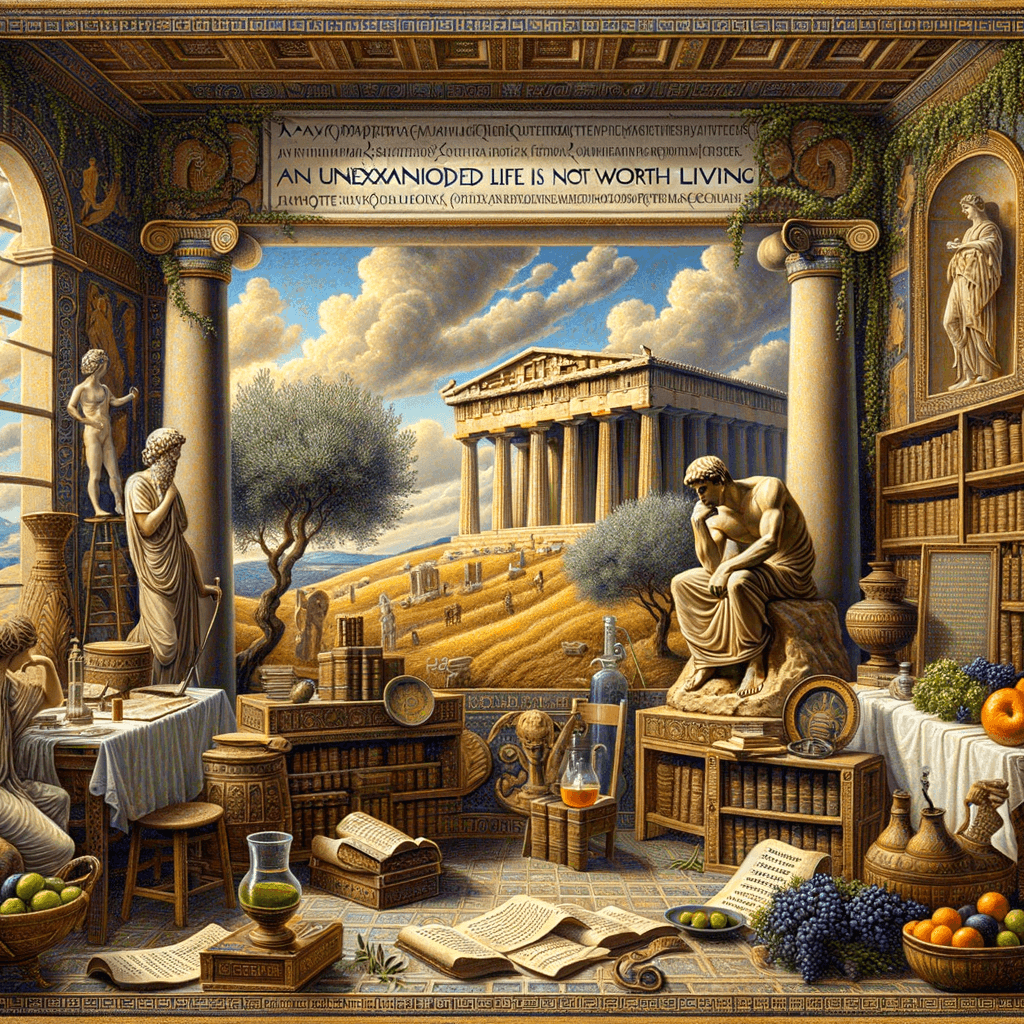
An Unexamined Life Is Not Worth Living - Socrates, Ancient Greece
In ancient Greece, philosophy was central to culture and society. Socratic teachings encouraged individuals to pursue wisdom and knowledge, challenging the societal norms of the time for a more reflective life. [...]
Created on: 8/2/2024
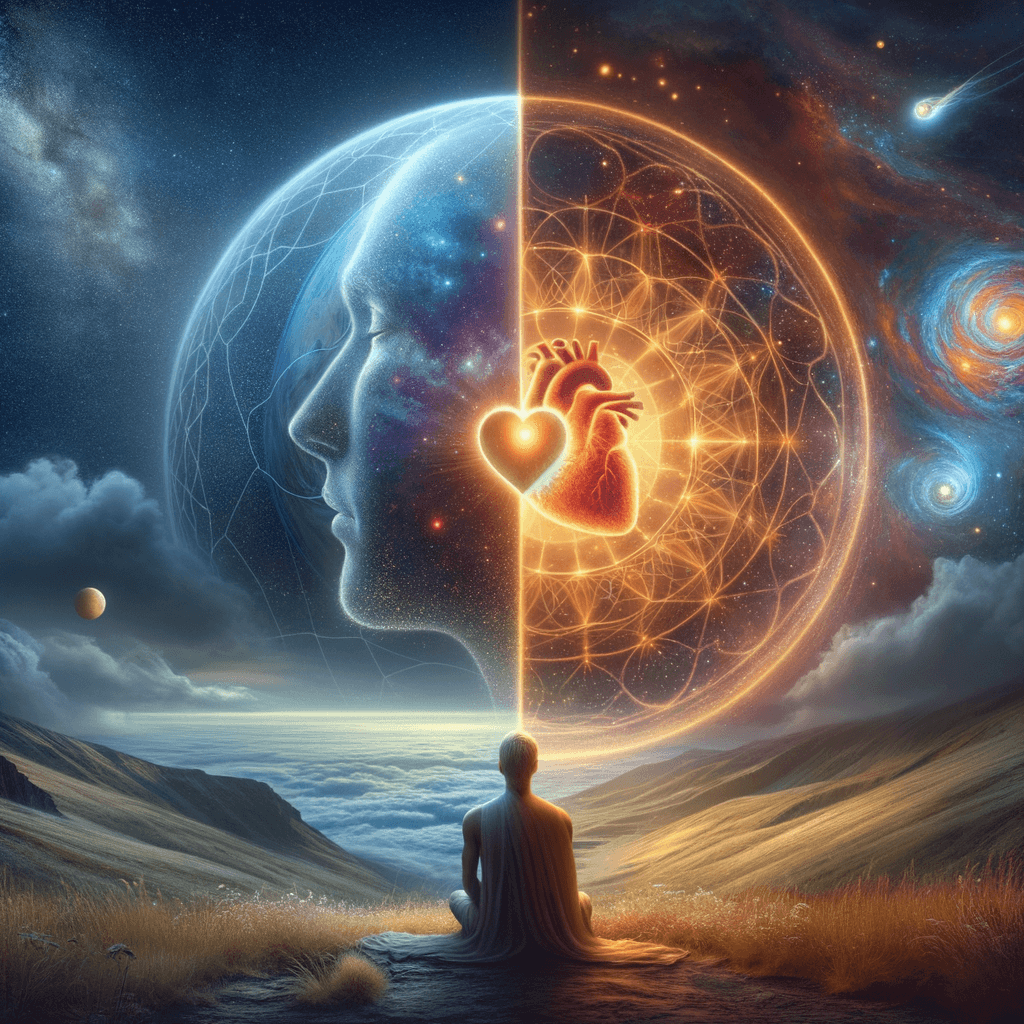
Your Vision Will Become Clear Only When You Look Into Your Heart - Carl Jung
To awaken to a deeper, more profound understanding of life, one must embark on a journey of self-discovery. This inward journey helps uncover the true essence of who you are. [...]
Created on: 6/29/2024
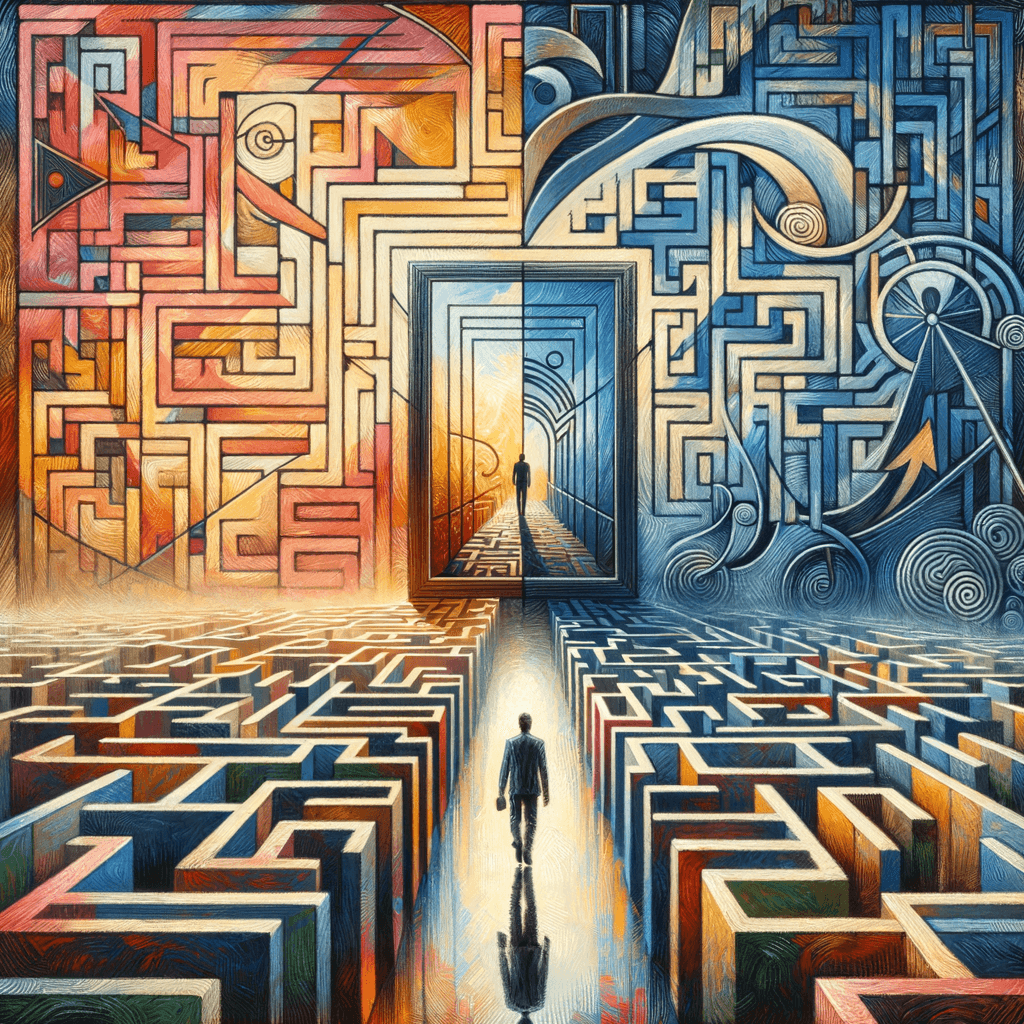
Not Until We Are Lost Do We Begin to Understand Ourselves - Henry David Thoreau
This quote suggests that it is often through experiencing loss or confusion that we come to truly understand our own identity and inner strengths. Adversity serves as a catalyst for self-discovery. [...]
Created on: 6/2/2024
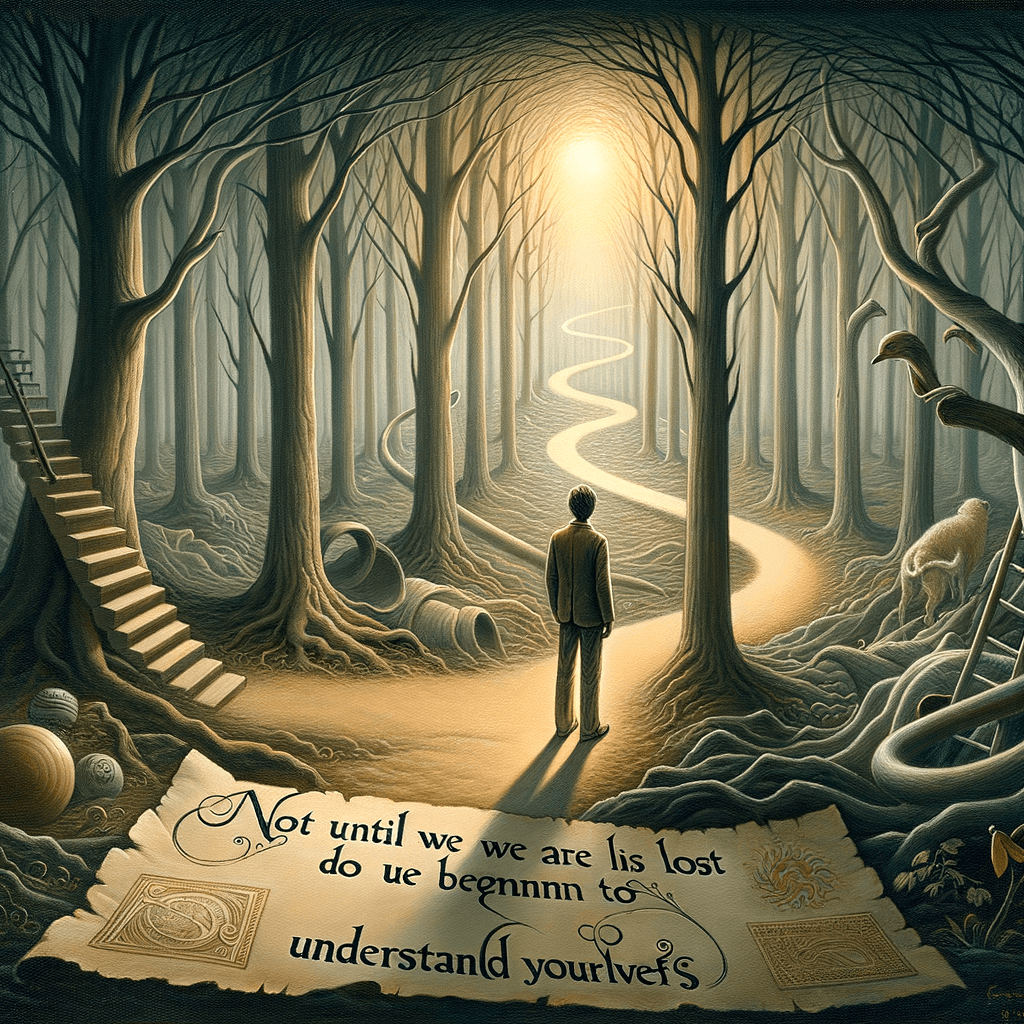
Not Until We Are Lost Do We Begin to Understand Ourselves - Henry David Thoreau
The state of being lost often pushes us out of our comfort zones, encouraging us to discover new directions and forge new paths that we might have never considered otherwise. [...]
Created on: 5/30/2024